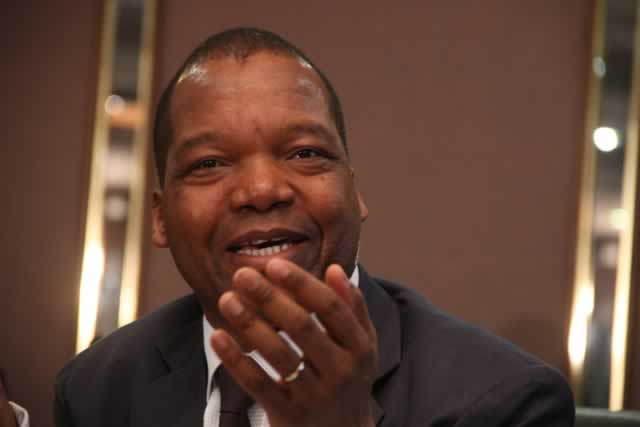Sub-Saharan Africa worst affected by illicit cash flows

WINDHOEK/KIGALI. — Mojanku Gumbi, advisor to former South African president Thabo Mbeki, said about $90 billion may be illegally taken out of Africa every year.
Gumbi argued the value represented almost 1.5 times of what the continent received in foreign direct investment every year.
The capital flight is in forms of the proceeds of crime, tax evasion and corruption, said Gumbi, who revealed this ahead of the African, Caribbean and Pacific countries and European Union Joint Parliamentary Assembly that opens today.
“The fraudulent misinvoicing of trade transactions was revealed to be the largest component of illicit financial flows from developing countries, accounting for 83.4 percent,” Gumbi said, adding the Sub-Saharan Africa region is the worst affected around the world by illicit cash flows.
To solve this problem, Gumbi proposed the adoption of the anti-money laundering as recommended by the Financial Action Task Force.
Gumbi also said information about ownership should be made available to the public and that banks verify the authenticity of all account holders.
Meanwhile, Rwanda President Paul Kagame has assured private investors of a conducive business environment in Rwanda and called for more investments in the country.
President Kagame made the remarks on Saturday while officiating at the inauguration of the largest fuel depot-Societe Petroliere (SP) in the country.
The facility located in Gasabo District, in the outskirts of capital Kigali has the capacity to store 22 million litres of petroleum.
“We need to identify and overcome our shortcomings to ensure investors continue to see a benefit of investing in Rwanda. I can assure investors that Rwanda has laid favourable business investment conditions,” said President Kagame.
He cited the Kigali Special economic zone as one of the areas in the country that is geared towards promoting the investment opportunities in Rwanda.
The president pointed out that Rwanda has a variety of investment opportunities that allow both local and foreign investors to explore especially in areas of manufacturing, textile, ICT, agriculture, infrastructure and real estates, among others.
“This petroleum investment is an example of good public-private partnership.
“We have to build on this to go even further and faster,” he noted.
“It is essential that the business community plays its rightful role while the government delivers on policy.
The favourable business environment in Rwanda is a catalyst for establishment of private companies in the country,” he said.
With massive oil reserves, the country would be in a position to mitigate the challenge of decline in commercial stocks that leads to increased fuel pump prices.
Rwanda has put in place a good business environment that is reducing the hours of registering a business hence attracting both local and foreign investors.
Rwanda has also opened strategic business offices in different countries like Turkey, Canada, UK, US, South Africa, Singapore and China, with the aim of promoting investments from those countries.
In 2014, Rwanda registered investments worth $549 million, out of which, $213 million was Foreign Direct Investments. — Xinhua.











Comments